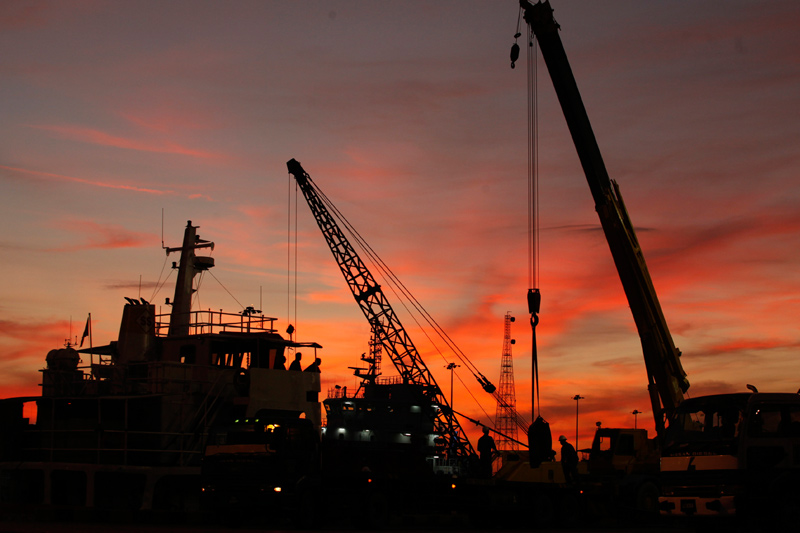Bitcoin price today: falls to 2-week low below $113k ahead of Fed Jackson Hole
* Nearly 10 mln bbls of crude sold for July loading
* Grades include Arab Extra Lt, Murban, Azeri Lt, Agbami
* Unclear when Pengerang refinery will restart
By Florence Tan
SINGAPORE, July 3 (Reuters) - Aramco Trading Co (ATC), has
sold close to 10 million barrels of crude oil it held around
Malaysia since its joint venture refinery with Petronas was shut
in March following a fire, four trade sources said.
ATC's crude sales come as spot demand and prices have
improved on tighter supplies after the Organization of the
Petroleum Exporting Countries and its allies including Russia
cut output by a record 9.7 million barrels per day (bpd).
A fire killed five people in March at the Pengerang
Integrated Complex (PIC) in Malaysia's southern state of Johor,
forcing the closure of the facility that was set to begin full
commercial operations this year. Asian refiners typically purchase crude two months ahead so
supplies for the Pengerang refinery that were booked earlier and
could not be processed had to be stored in tanks and ships, the
sources said.
ATC, trading arm of Saudi Aramco 2222.SE , has sold various
grades - including Saudi Arab Extra Light, Murban from Abu
Dhabi, Agbami from Nigeria and Azeri Light from Azerbaijan -
through tenders for July loading via ship-to-ship transfer at
Malaysia's Linggi port, the sources said.
Buyers include north Asian refiners, oil majors and European
trading companies, the sources said.
Saudi Aramco and Petronas PETR.UL did not respond to
requests for comment.
"Those (cargoes) are from floating storage which could not
be discharged," one of the sources said. The joint venture
partners have not decided when they will restart the Pengerang
refinery as repairs at the fire-hit diesel hydrotreating unit
are ongoing, he said.
Before the shutdown, the 300,000-bpd refinery had been
processing mainly sweet crude after an earlier fire at its
atmospheric residue desulphurisation unit (ARDS) in April 2019.
The unit removes sulphur from fuel oil, which is then used
to produce gasoline, and had been scheduled to resume operation
by mid-2020.
